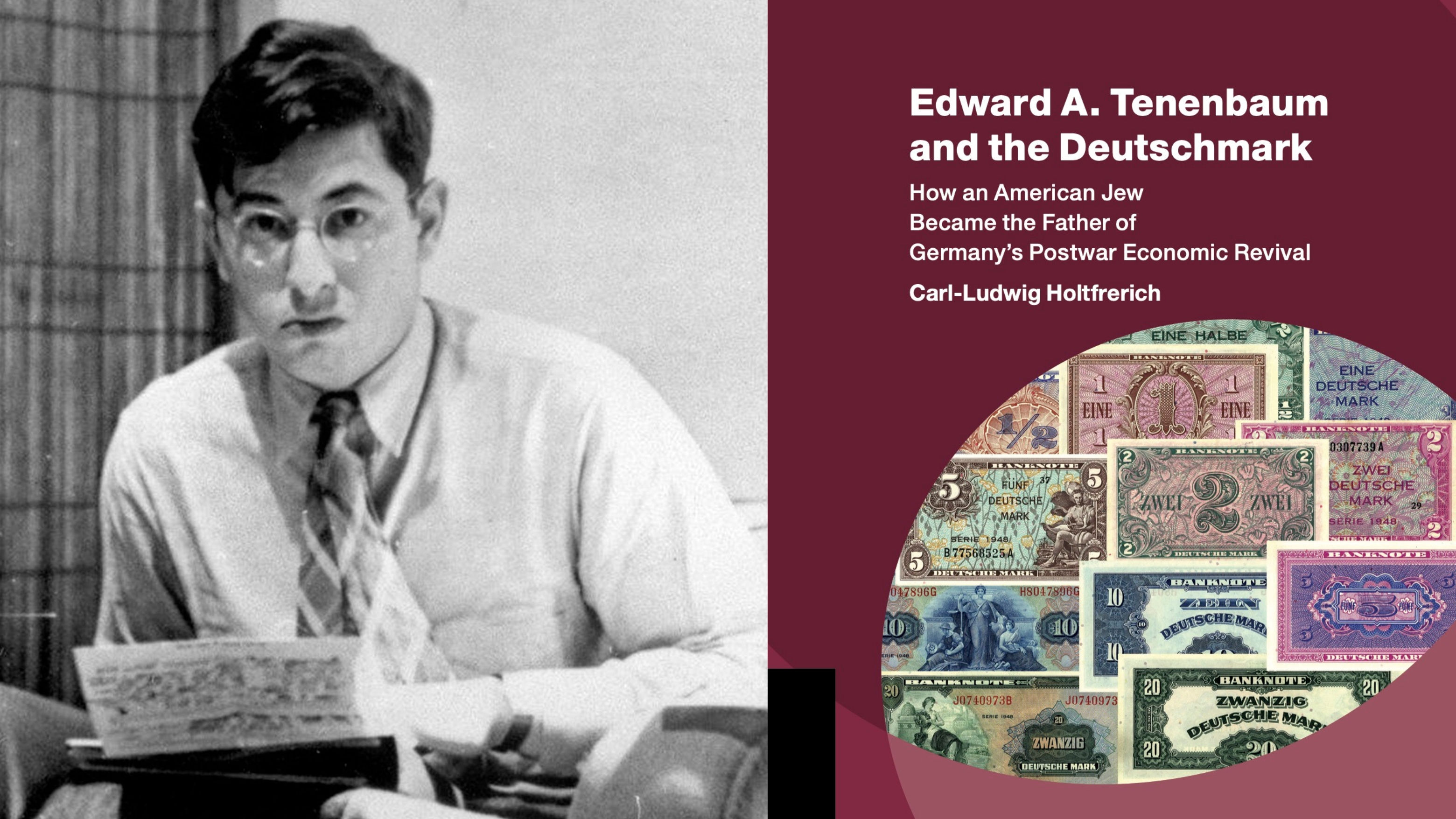Professor Carl-Ludwig Holtfrerich, born 1942, has been Chair of Economics at the John F. Kennedy Institute for North American Studies of the Free University of Berlin/Germany from 1983 until his retirement from teaching in 2007. He remains active with his own research there and as a member of the Berlin-Brandenburg (formerly Prussian) Academy of Science as well as in the context of research projects of the Graduate School for North American Studies at the Kennedy Institute.
Prior to his position at the Free University of Berlin he was Professor of Economic History at the University of Frankfurt am Main (1980-1983). He has been a Visiting Scholar both at Harvard University and at the Woodrow Wilson International Center for Scholars in Washington, D.C..
He has been a member of numerous academic advisory boards such as those of the Institut für Zeitgeschichte in Munich, the German Historical Institute in Washington, D.C., and the European Association for Banking History in Frankfurt am Main.
His expertise is an economic-history perspective on current economic developments and policies, such as those resulting from the recent world financial and economic crisis.
He is (co-)author or editor of numerous books and articles on banking, financial and monetary history, such as The Deutsche Bank 1870-1995 (1995), Fifty Years of the Deutsche Mark. Central Bank and the Currency in Germany since 1948 (1999), The Emergence of Modern Central Banking from 1918 to the Present (1999), International Financial History in the Twentieth Century: System and Anarchy (2003), and just before the financial crisis broke out in the summer of 2007 Wo sind die Jobs? Eine Streitschrift fuer mehr Arbeit (2007). His path breaking study The German Inflation 1914-1923. Causes and Effects in International Perspective (1986 as the translation of the original German version of 1980) was also published in Italian (1989) and most recently in French (2008)



